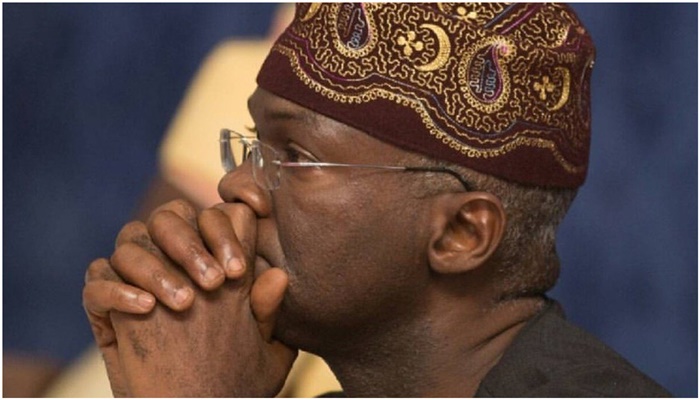Privatisation of FG Assets: We need to be more curcusmpect — Fashola
The Minister of Works and Housing, Mr Babatunde Fashola, has called for more circumspection about certain types of assets that were being concessioned or privatised.
Fashola said this at the public hearing of the House of Representatives Committee on Privatisation and Commercialisation of Government Assets on Monday in Abuja.
He said that it would be helpful to have an audit of all the assets that have been concessioned or privatised in the name of improved efficiency, adding that the question “have we achieved that objective” should be asked.
“I think if we do that and interrogate very honestly, some of the things that would begin to become obvious to us is that we need to be more circumspect about certain types of assets,” he said.
According to him, there are certain types of assets that the private sector is just unable to deal with.
“For example, when you look at roads, not many people who claim to want to do it have the capacity or the experience to do it. Let us start with the Lekki-Epe Expressway which was concessioned,” the minister advised.
He stated that the concession agreement was signed in 2005, but they did not reach financial close until 2010, five years later, adding that between 2007 when he became governor and 2010, the road had to start.
“So, for an asset we had concessioned, the Lagos State Government had to first go and borrow money to start the work meant to be concessioned,” he cautioned.
Rep. Ibrahim Misau, the Chairman of the committee, said that the policy of privatisation and commercialisation drive of the Federal Government over the years had been dogged with numerous setbacks despite its good intentions.
“This is why the House of Representatives is proposing a more potent bill to replace the existing one for improved efficiency and management of the nation’s public assets,” said Misau.
The Speaker of the House of Representatives, Rep. Femi Gbajabiamila, explained the rationale behind strengthening the bill on privatisation and commercialisation to help cushion the 2022 budget deficits of 1.3 trillion dollars.




